In today’s competitive business world, organizations must consistently deliver high-quality products and services to meet customer expectations. This is where ISO 9001 Certification plays a vital role. ISO 9001 is the world’s most recognized Quality Management System (QMS) standard, designed to improve efficiency, reduce risks, and enhance customer satisfaction. To help professionals and organizations achieve this, the ISO 9001 Certification Course and Training provides the knowledge and skills required to implement and audit quality management systems effectively.
What is ISO 9001 Certification?
ISO 9001 Certification validates that an organization has established, maintained, and continuously improved its QMS in compliance with ISO 9001 standards. It not only improves business credibility but also builds trust with customers, suppliers, and stakeholders. Achieving this certification requires a clear understanding of QMS principles, risk-based thinking, and process-driven approaches.
Importance of ISO 9001 Training
The demand for skilled professionals who can implement and audit ISO 9001 is rising. That’s where ISO 9001 Training becomes essential. Through structured training, participants gain in-depth knowledge of QMS concepts, documentation requirements, internal audits, and continual improvement strategies. Training also prepares individuals to identify nonconformities, analyze processes, and provide actionable insights for organizations to achieve compliance and operational excellence.
ISO 9001 Course Structure
An ISO 9001 Course typically covers:
Introduction to ISO 9001 and QMS principles
Interpretation of ISO 9001:2015 requirements
Risk management and process approach
Internal audit practices and reporting
Corrective and preventive action planning
Certification and surveillance audit preparation
The QMS Lead Auditor Course is a specialized training program that goes beyond basic understanding. It equips professionals with auditing skills to plan, conduct, and manage first-party, second-party, and third-party audits. Participants also learn auditing techniques aligned with ISO 19011 guidelines, ensuring effective evaluation of organizational compliance.
Who Should Attend the ISO 9001 Course?
The course is designed for:
Quality managers and executives
Internal auditors
Consultants
Professionals aiming to become certified lead auditors
Anyone involved in QMS implementation and improvement
Benefits of ISO 9001 Certification and Training
Completing the ISO 9001 Training and achieving ISO 9001 Certification offers multiple benefits:
Enhances professional credibility and career growth
Improves organizational performance and customer satisfaction
Strengthens auditing and compliance skills
Prepares organizations for certification audits
Opens opportunities for global recognition
Conclusion
The ISO 9001 Certification Course and Training is not just about compliance; it is about building a culture of quality and continuous improvement. Whether you are an individual professional looking to advance your career or an organization striving for global recognition, enrolling in an ISO 9001 Course—especially the QMS Lead Auditor Course—can provide the expertise needed to drive long-term success.

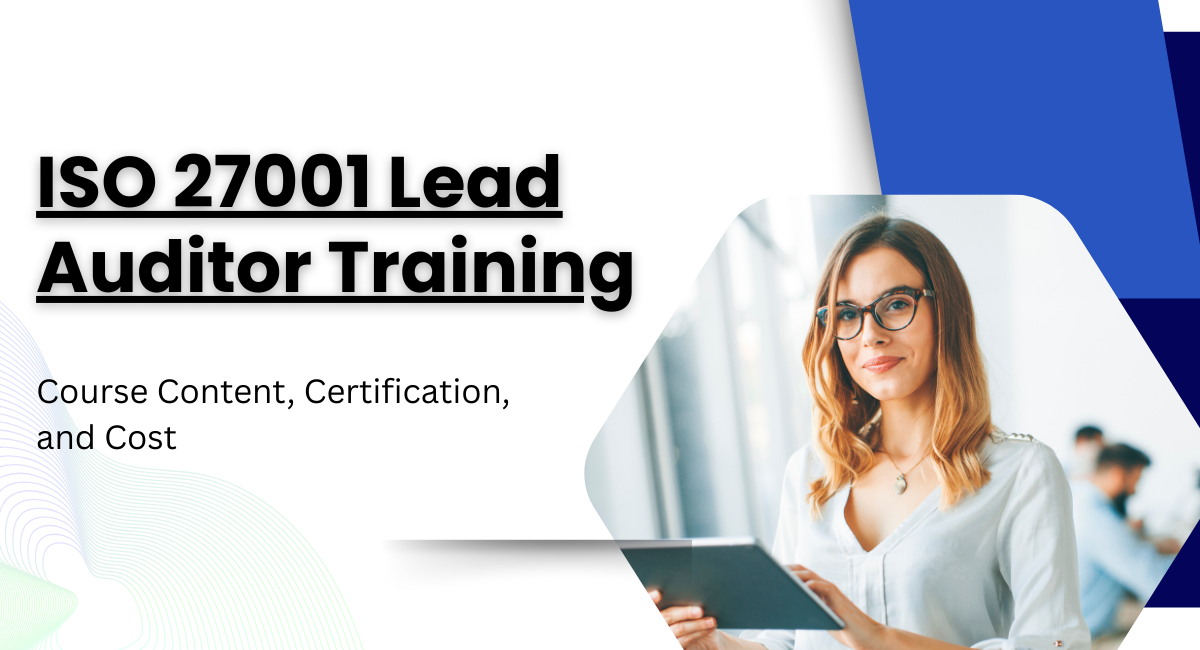
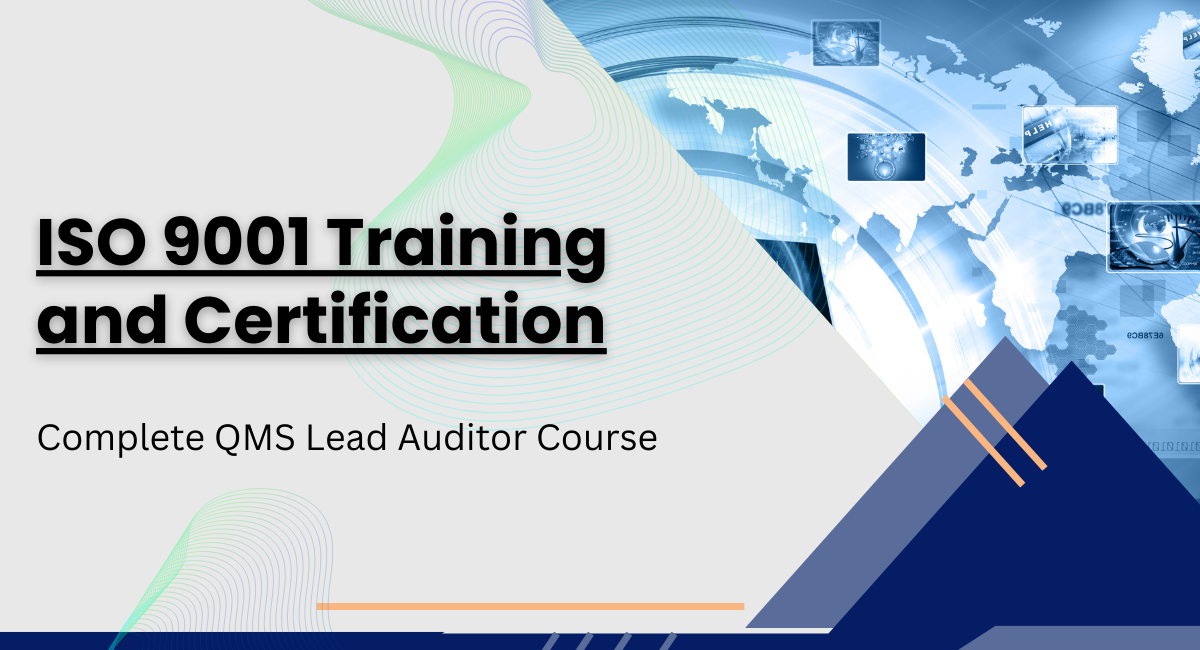
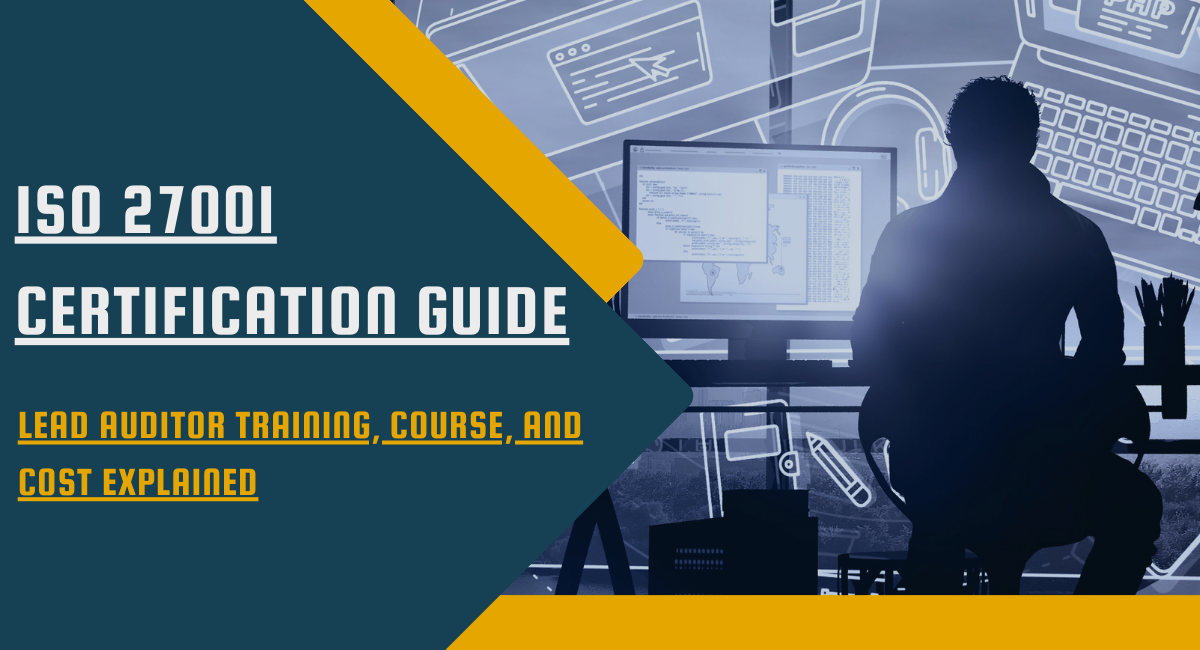
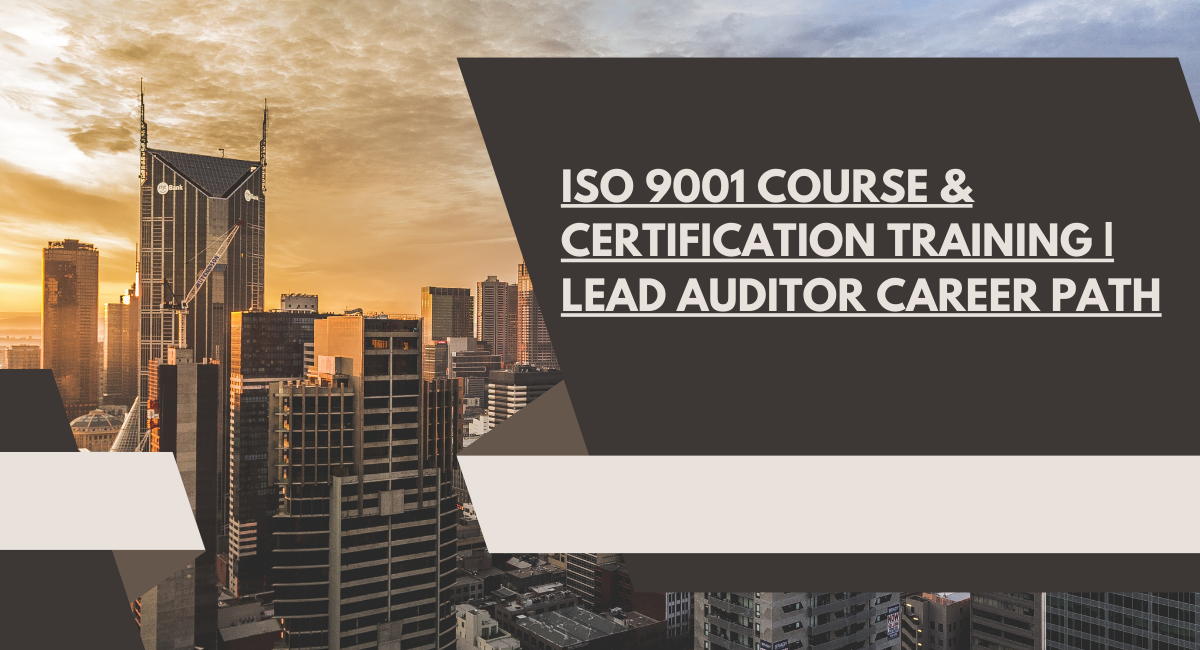
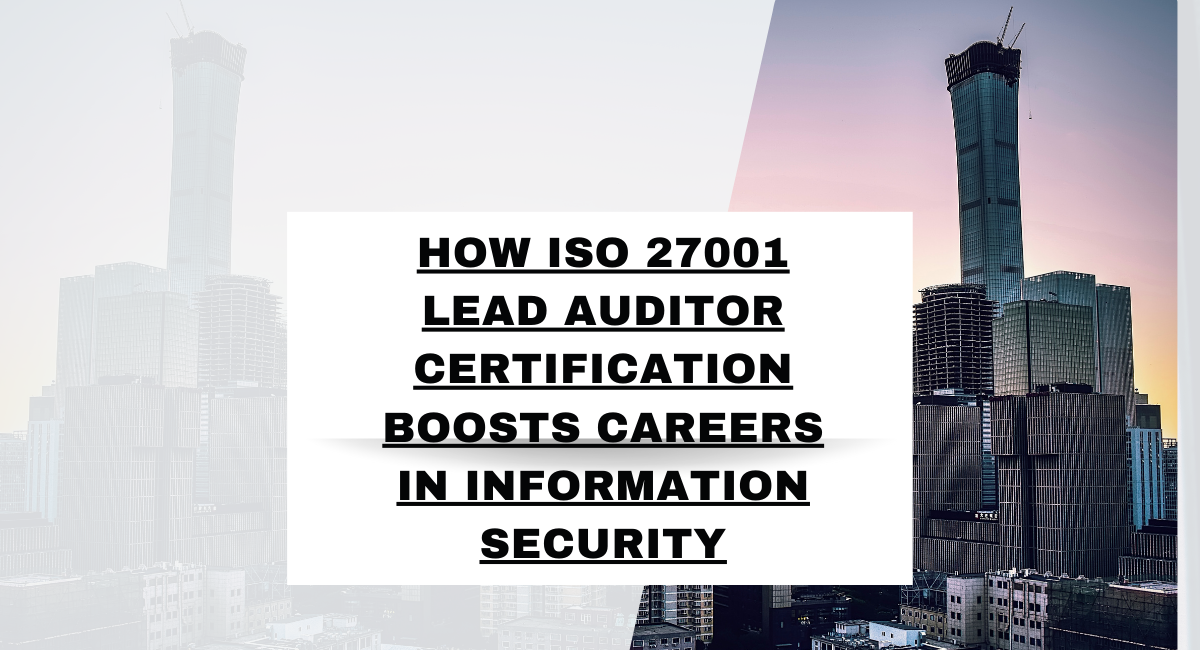
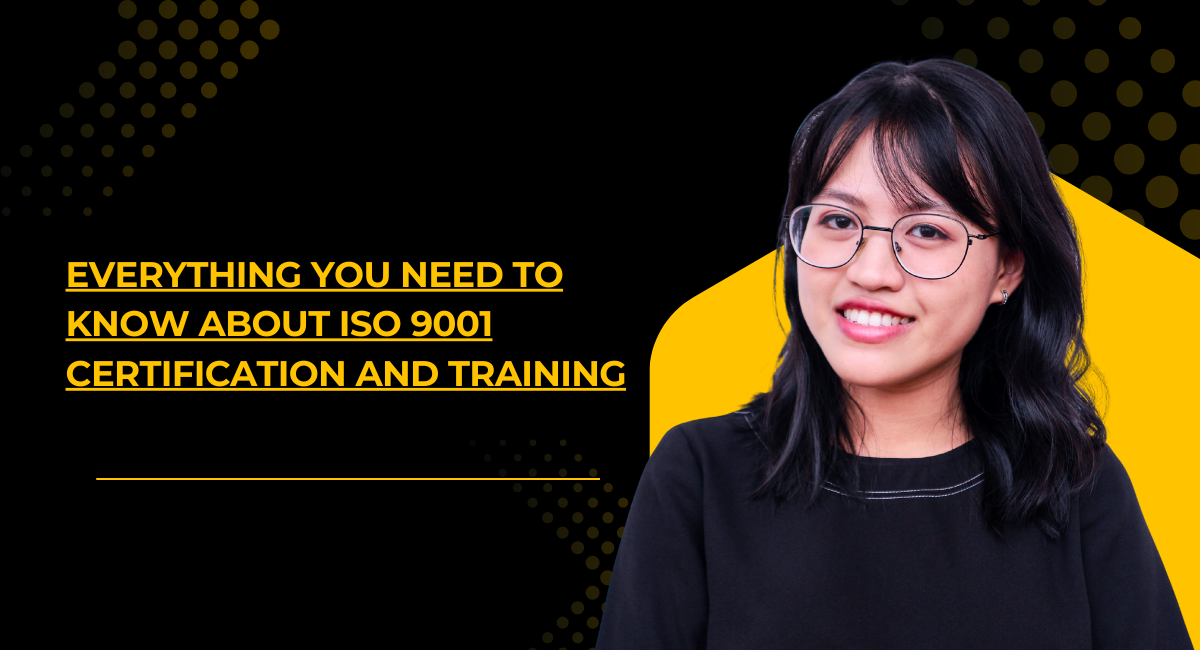

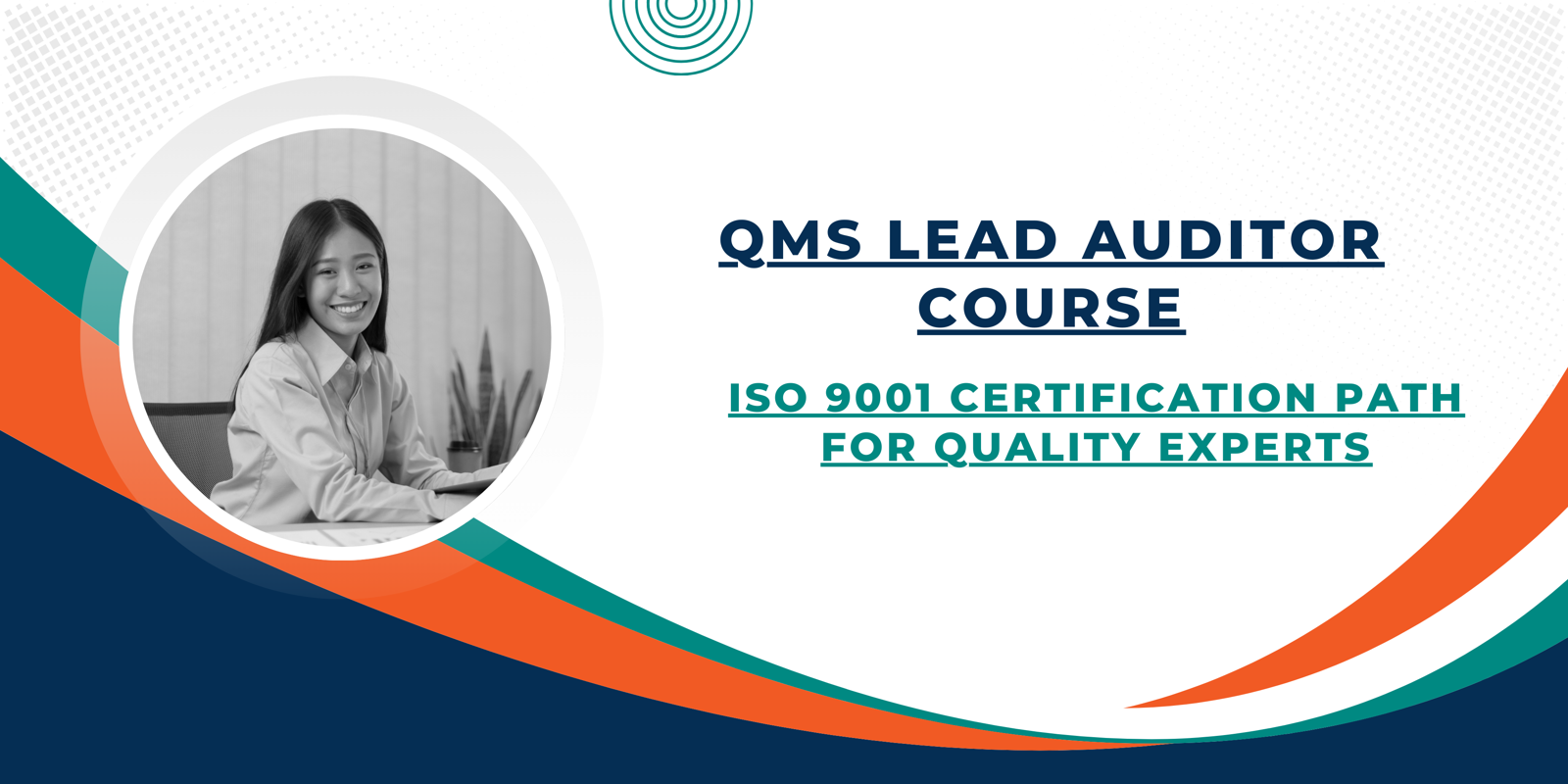

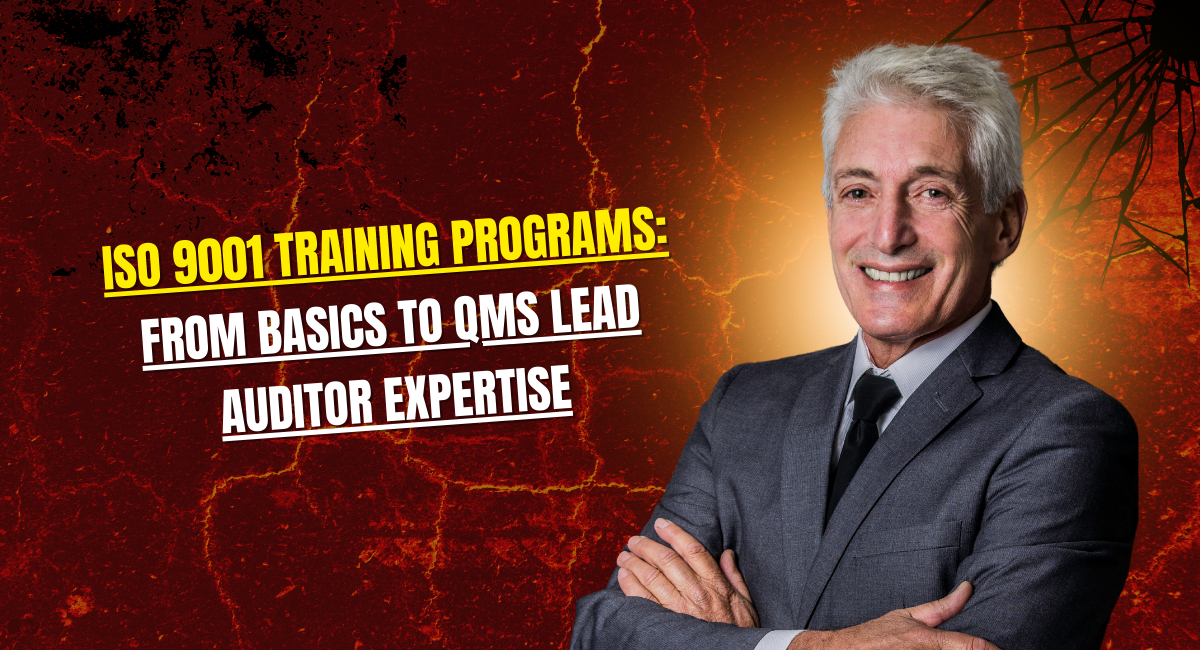

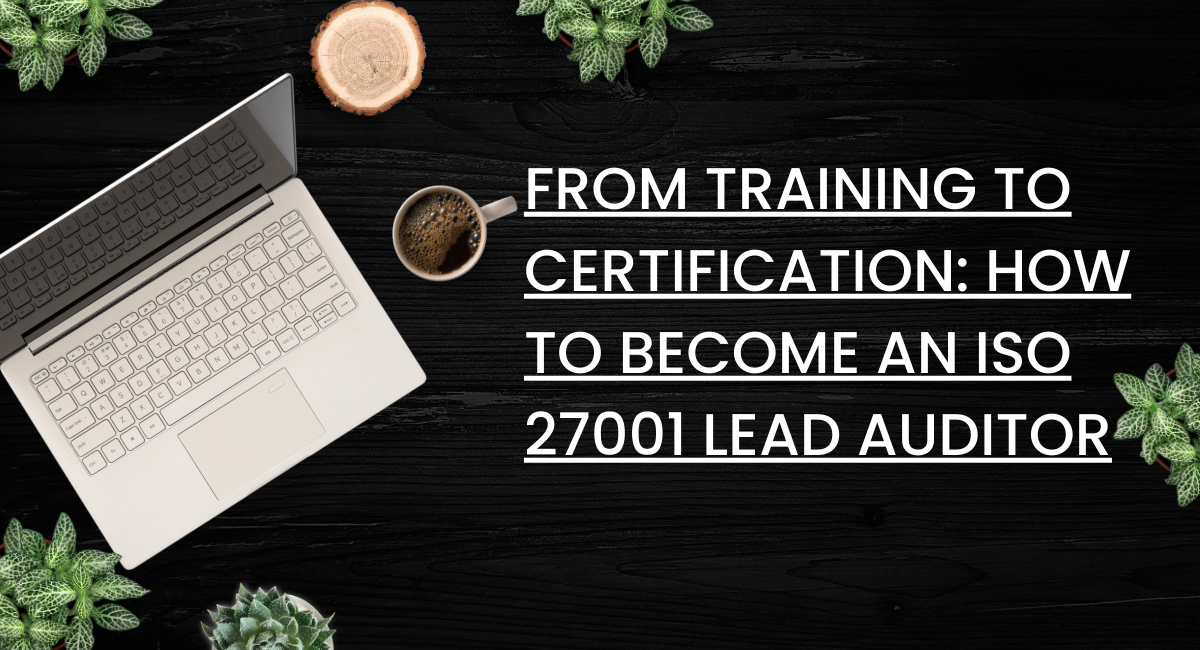
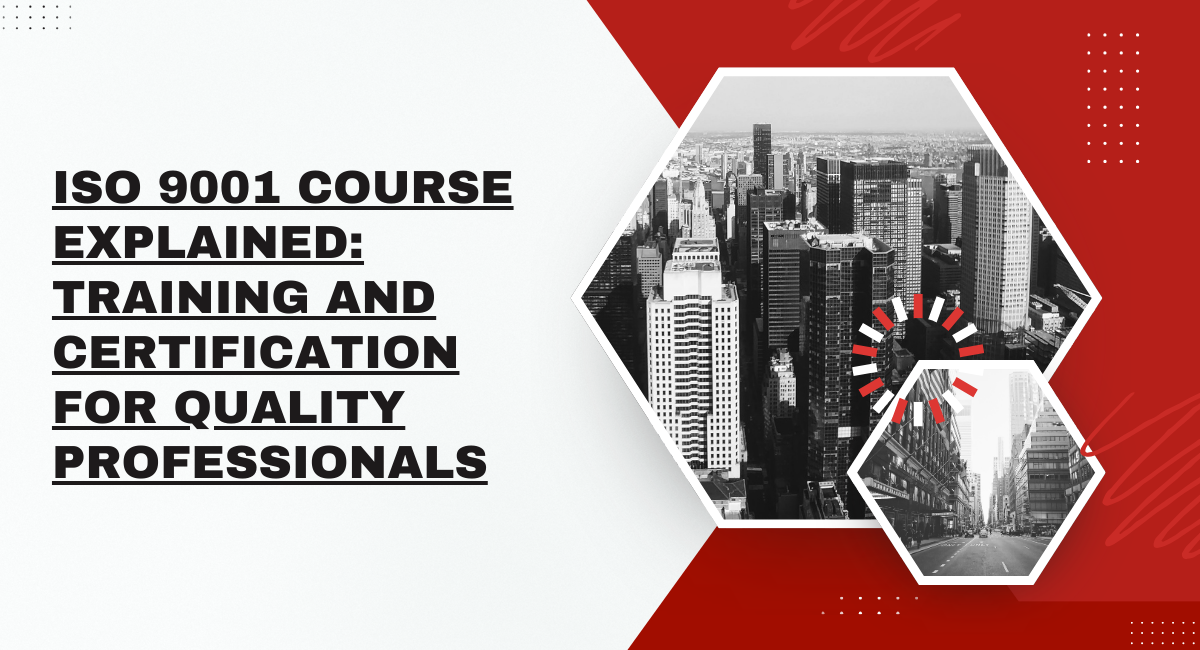


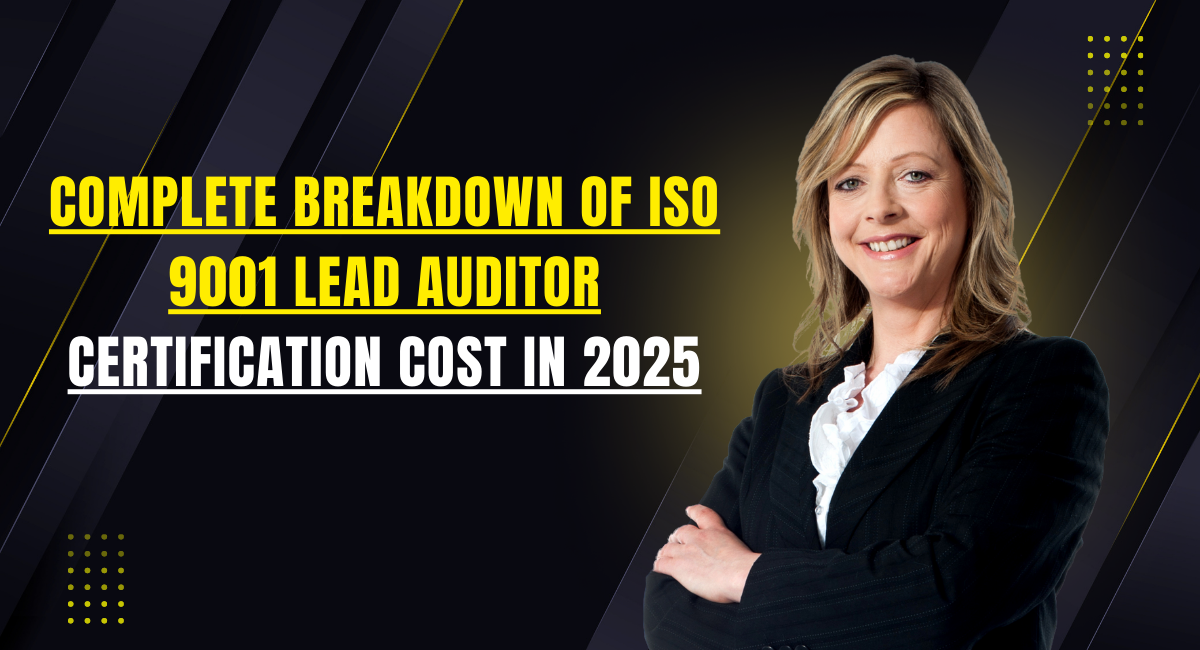

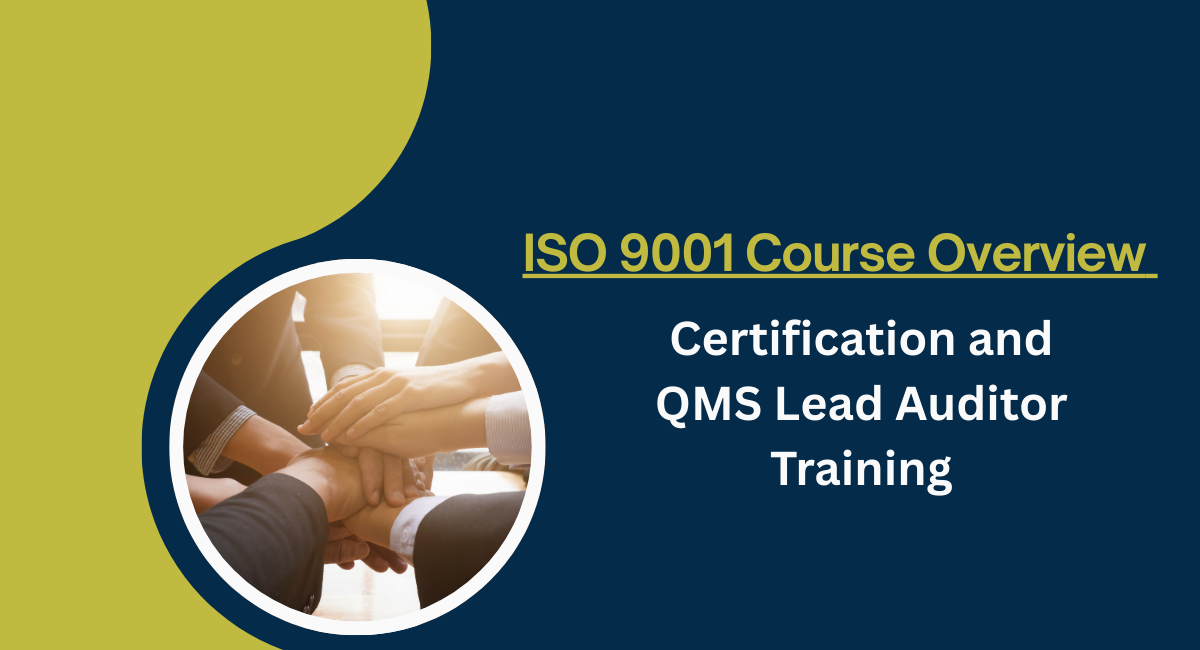

Write a comment ...